
OR
Opinion
Challenges ahead India-Bangladesh Ties after Sheikh Hasina’s Win
Published On: January 20, 2024 09:15 AM NPT By: Sharmili Mahjabeen
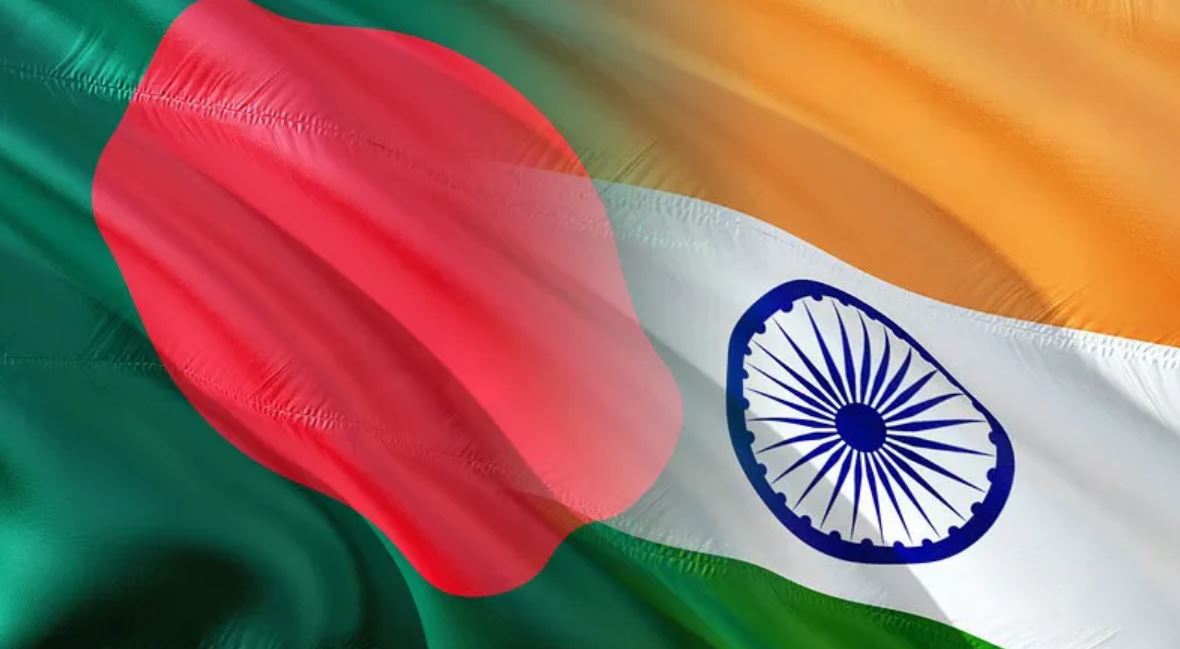
The situation at the India-Bangladesh border has escalated significantly in recent years, with a surge in killings by Indian security forces.
Bangladesh-India relations are expected to enter into a new era as the Bangladesh Awami League formed a government for the fourth consecutive term. After winning the January 7 election, the newly elected members of the 12th national parliament and the cabinet members took oath on January 10 and 11, respectively. Though the opposition demanded the election to be held under a caretaker government after the resignation of the prime minister, the Election Commission held the election as per the constitutional obligations within due time. Amid protests and boycotts from opposition parties, 29 parties participated in the election, while 18 parties refrained.
India welcomed the newly-elected government immediately and reasserted its support. Indian Prime Minister Narendra Modi conveyed his congratulatory message to Sheikh Hasina on her victory in the polls through both letter and phone. In a post on X, PM Modi wrote, "I congratulate the people of Bangladesh for the successful conduct of elections. We are committed to further strengthening our enduring and people-centric partnership with Bangladesh." Modi also expressed confidence in further strengthening the countries’ enduring and people-centric partnership. Bangladesh Prime Minister Sheikh Hasina on the other hand said, India is a “great friend” of Bangladesh and the two neighbors have resolved many problems bilaterally, a day after she won.
India requires a dependable government in its next-door neighbor, with whom it shares the longest land boundary, in order to achieve its strategic objectives.To ensure security and stability, it recognizes the value of Sheikh Hasina's approach, as she has been considerate of Indian sensitivities. Under Sheikh Hasina's leadership, India has made significant advancements in its relations with Bangladesh. These include the establishment of counter-insurgency measures in the northwestern region, the provision of transit facilities, and the granting of permanent access to two major ports in the Bay of Bengal. Additionally, the two countries have entered into energy deals and implemented a monitoring system in the Bay of Bengal.
Bangladesh’s reliability as a strategic partner in South Asia is evident in many Indian officials’ statements. Indian High Commissioner to Bangladesh Pranay Verma stated several times that India stands beside Bangladesh as a "steadfast partner" and is committed to supporting its aspirations for a "peaceful, prosperous, and inclusive" future. New Delhi believes that Sheikh Hasina has effectively prevented the spread of extremism in the region, and weakening the Awami League would only serve to embolden extremist and fundamentalist groups. Since Sheikh Hasina came to power in 2009, India has successfully quelled separatist groups in the North-East region.
In addition, there has been a substantial increase in India's economic engagement with Bangladesh through trade and bilateral cooperation. India's trade with Bangladesh has surged to $18 billion, making it the top trading partner in South Asia. India has provided a significant amount of financial support, totaling $8 billion, to develop transport infrastructure such as roads, railways, shipping, and ports. Last November, the two premiers, Narendra Modi and Sheikh Hasina, inaugurated the Agartala-Akhaura railway line, the Khulna-Mongla port line, and unit II of the Maitree Super Thermal Power Plant.
Meanwhile, Bangladesh continues to be the sole country in South Asia that can be regarded as a reliable strategic ally for New Delhi, while other nations in the region have gradually moved away from India's sphere of influence. Although Bangladesh's economic relations with China have increased, India remains Bangladesh's strategic partner. To continue the trend of cooperation, India needs a stable democratic government in its next-door neighbor that will respect the mutual interest of the people of India and Bangladesh. Nevertheless, there remain several unresolved issues that pose challenges to Sheikh Hasina’s government. The Hasina government faces considerable criticism as many analysts labeled India-Bangladesh relations as one-sided in India's favor.
The Teesta Water Sharing Agreement is the most discussed among contentious bilateral issues in the India-Bangladesh relations. Despite Bangladesh's repeated requests, it has been on the table for over four decades. Although there was significant development in 2011, between the two countries with the agreement, it has since stagnated. In 1996, during Sheikh Hasina's rule, India-Bangladesh signed the Ganges Water Sharing Agreement, which is seen as one of her achievements. But the long drawn-out Teesta agreement has now become a cause of discomfort for her.
The situation at the India-Bangladesh border has escalated significantly in recent years, with a surge in killings by Indian security forces. Although the Indian side has often vowed to reduce border killings to zero, killing across the border has been a recurring problem. India has been reluctant to take measures to stop border killings, despite the concerns of human rights organizations and persistent requests by the Bangladesh government.This has already raised questions among the people about India and the Sheikh Hasina government has come under severe criticism from the opposition.
Though the increased connectivity between the two countries has increased bilateral trade, trade liberalization has yet to take place. Meanwhile, the trade deficit between the two countries has widened in India's favor over the years.Though the bilateral trade has exceeded $18 billion, Bangladesh’s export volume, compared to India, increased steadily. To ease bilateral trade and enhance commercial partnership, the two countries proposed a Comprehensive Economic Partnership Agreement which is yet to be finalized.
Inflation and rising commodity prices have become the biggest economic challenges for the Sheikh Hasina government since the beginning of the Russia-Ukraine war. While this has gradually intensified, addressing the challenge has become paramount for the stability of the new government. India may play the most important role in countering the rising commodity prices. India’s recent initiative of banning the export of several agricultural products, particularly onions, sugar, and rice has affected Bangladesh’s market. Last year, regarding the export of 6 essential commodities from India under the quota facility, two rounds of talks were held between the authorities of the two countries, but it has yet to be implemented. But the hope is that the Bangladesh State Minister for Commerce notified that Indian Prime Minister Narendra Modi has assured Sheikh Hasina to relax export restrictions for Dhaka to stabilize the market for key staples.
These challenges in bilateral relations have to be addressed if India wants stability in its neighbors which has an important role in its strategy and in countering terrorism.To meet these challenges, India needs to change its attitude towards Bangladesh and review foreign policy, as it reflects the interests of the people of both countries.
You May Like This
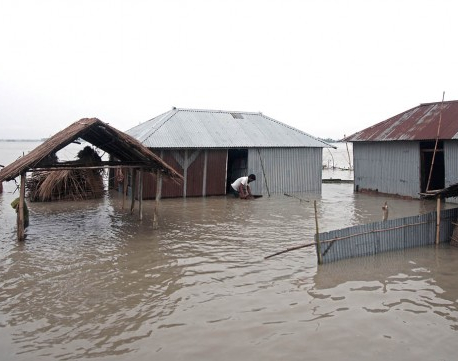
Bangladesh floods worsen after breach, death toll nears 100 in India
DHAKA/GUWAHATI, July 18: One of Bangladesh’s main rivers breached an embankment, flooding a northern district and forcing thousands from their... Read More...

Experts call for regulated border with India, China
KATHMANDU, Jan 17: Experts have said unregulated border with India cannot be considered satisfactory to compliment the entirety of Nepal’s... Read More...
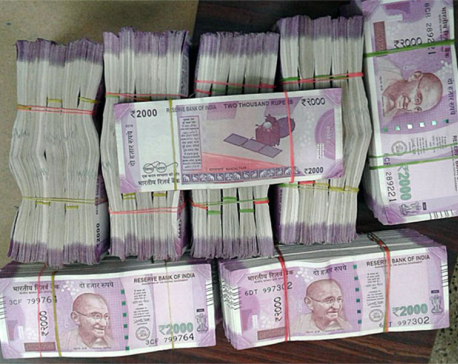
Bangladesh-India-Nepal: Fake currency route busted, four convicted
PATNA, Oct 6: A special court of the National Investigation Agency has convicted four persons for damaging the monetary stability... Read More...
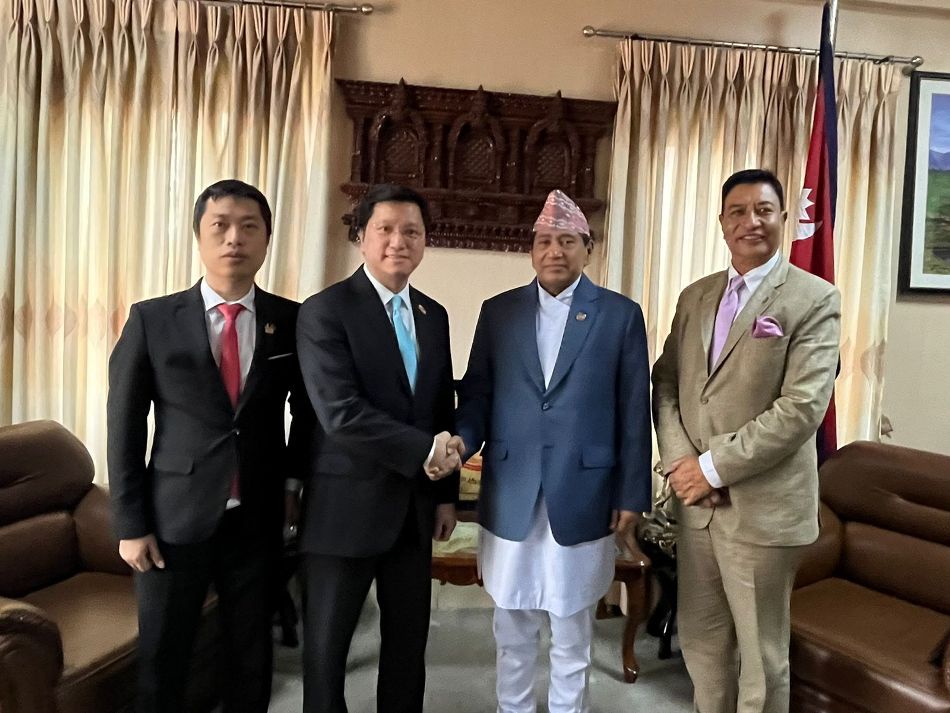
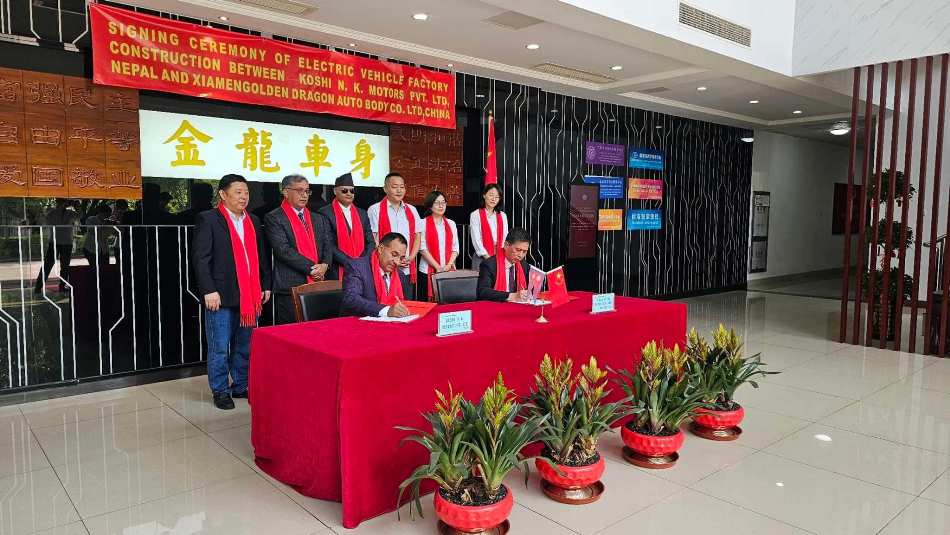
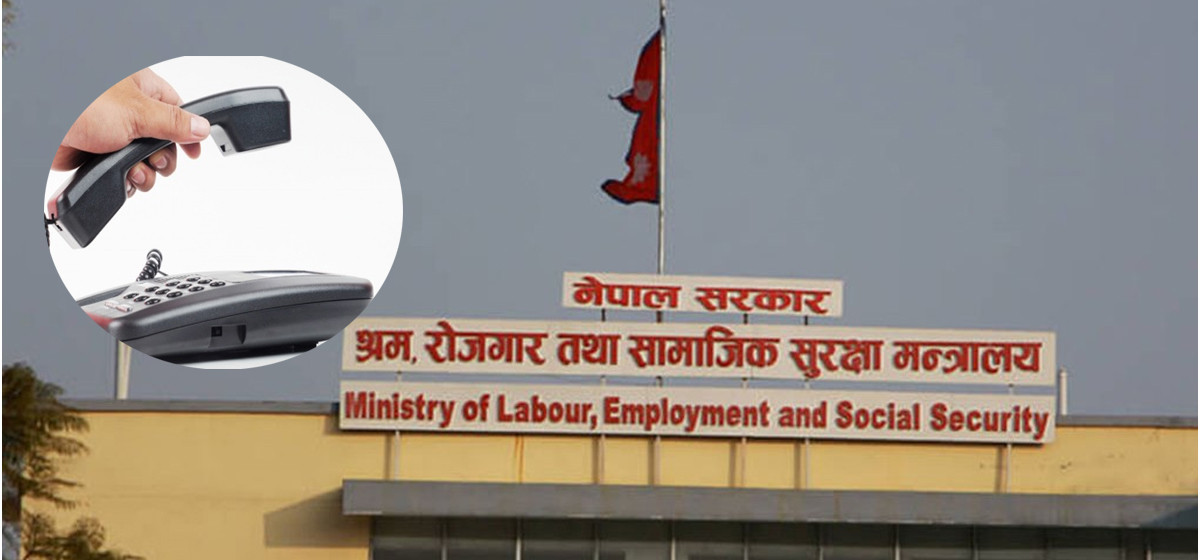
Just In
- Nepal and Vietnam could collaborate in promotion of agriculture and tourism business: DPM Shrestha
- Govt urges entrepreneurs to invest in IT sector to reap maximum benefits
- Chinese company Xiamen investing Rs 3 billion in assembling plant of electric vehicles in Nepal
- NEPSE inches up 0.07 points, while daily turnover inclines to Rs 2.95 billion
- Gandaki Province reports cases of forest fire at 467 locations
- Home ministry introduces online pass system to enter Singha Durbar
- MoLESS launches ‘Shramadhan Call Center’ to promptly address labor and employment issues
- Biratnagar High Court orders Krishna Das Giri to appear before court within one month in disciple rape case




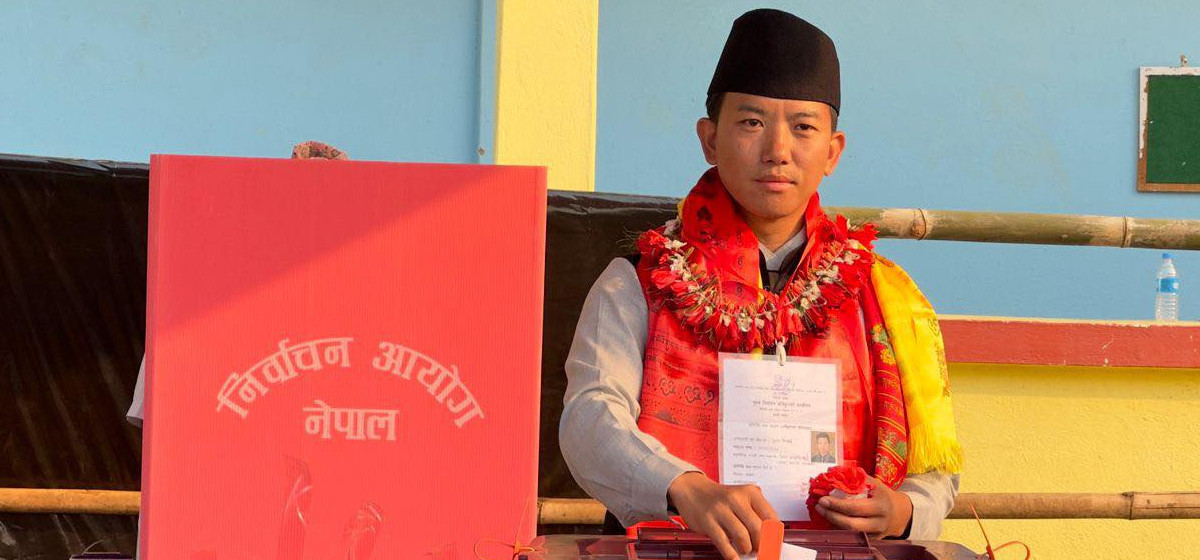
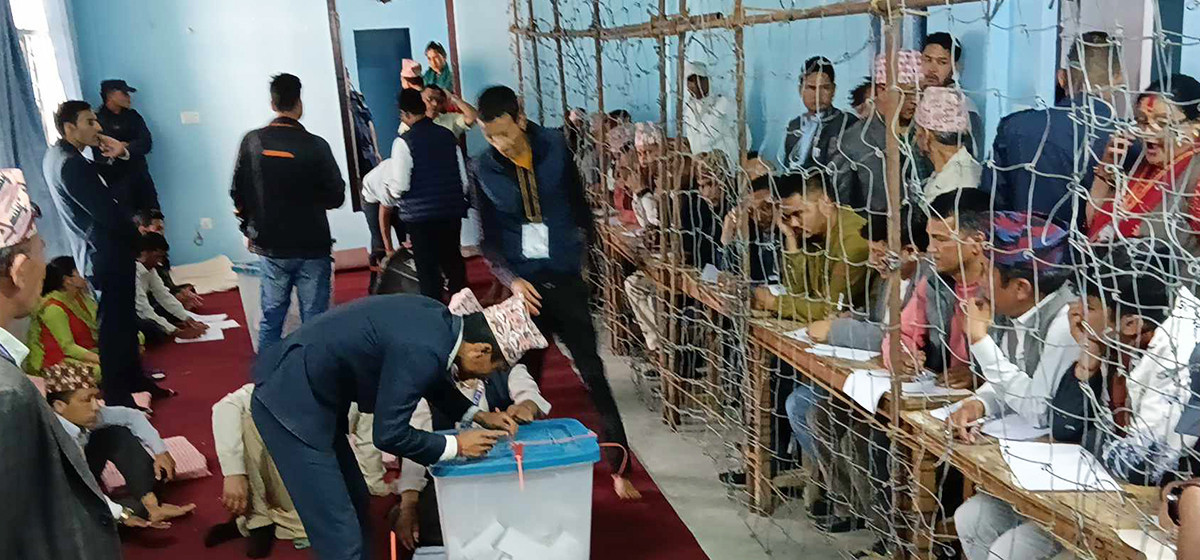
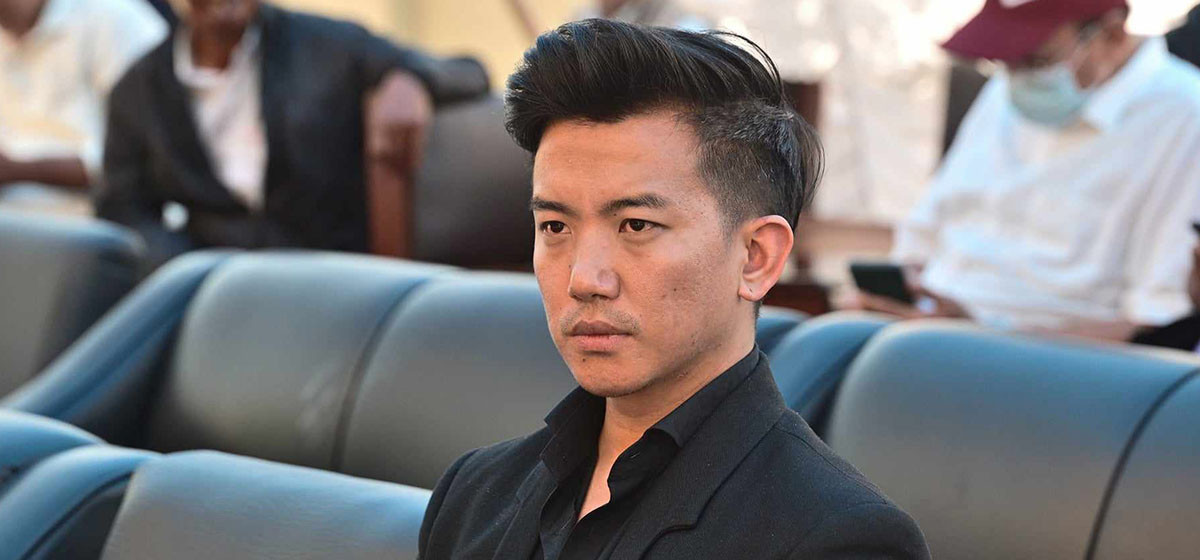
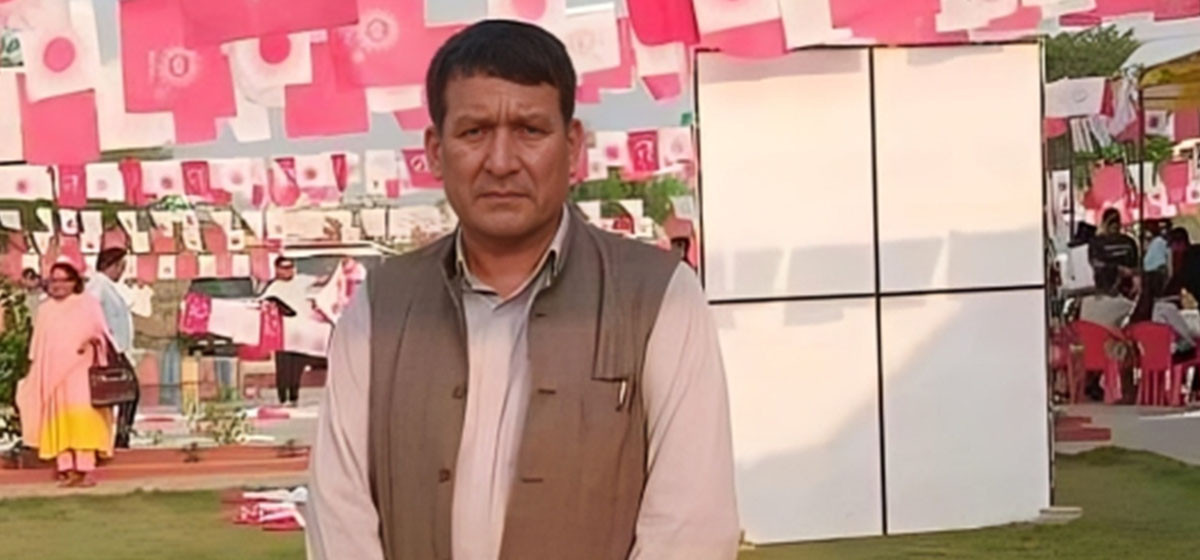
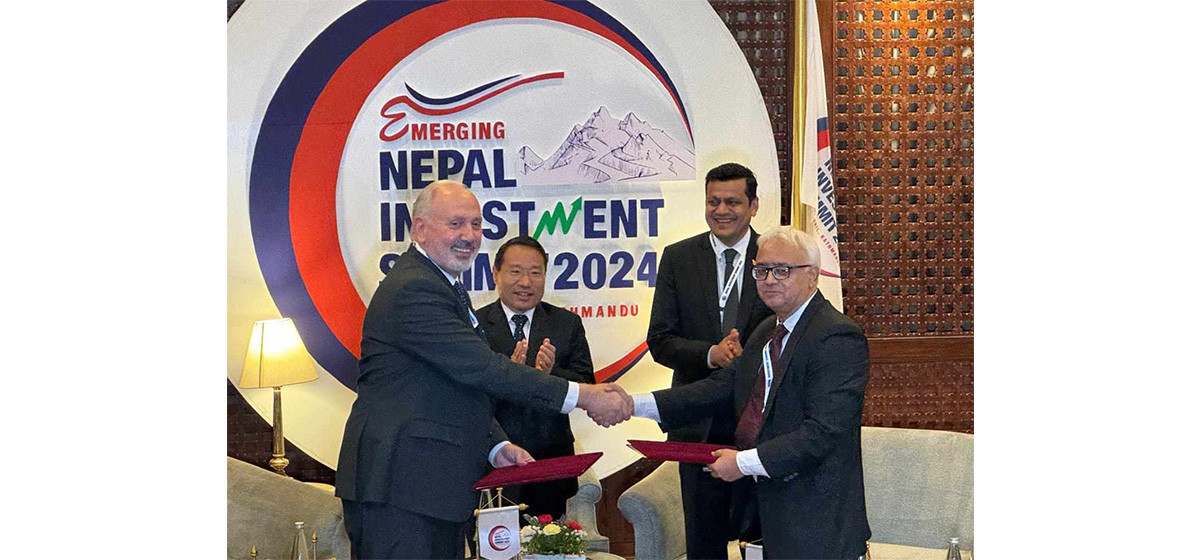
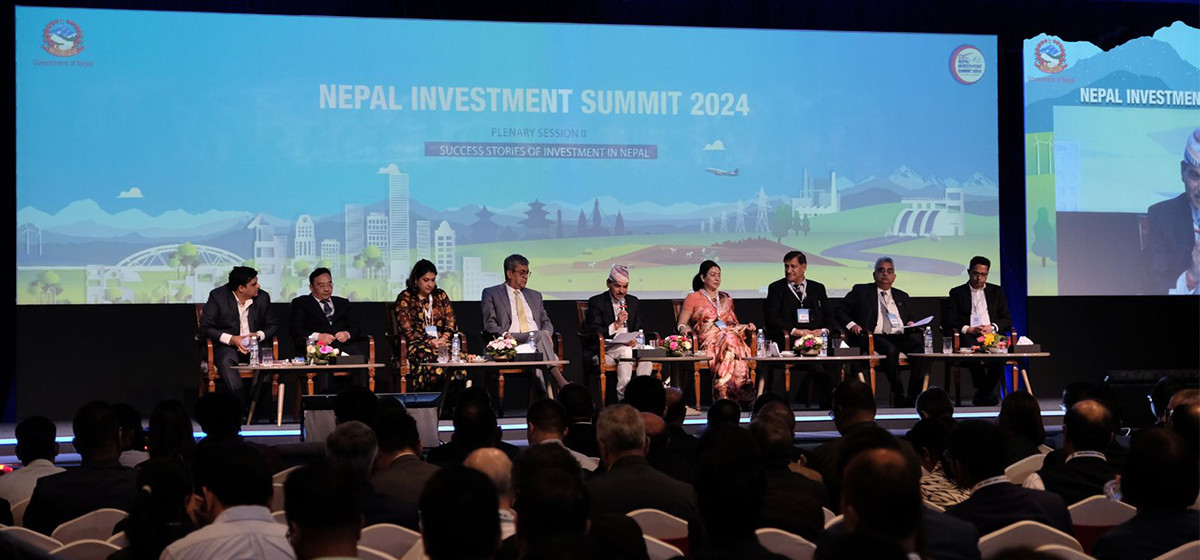


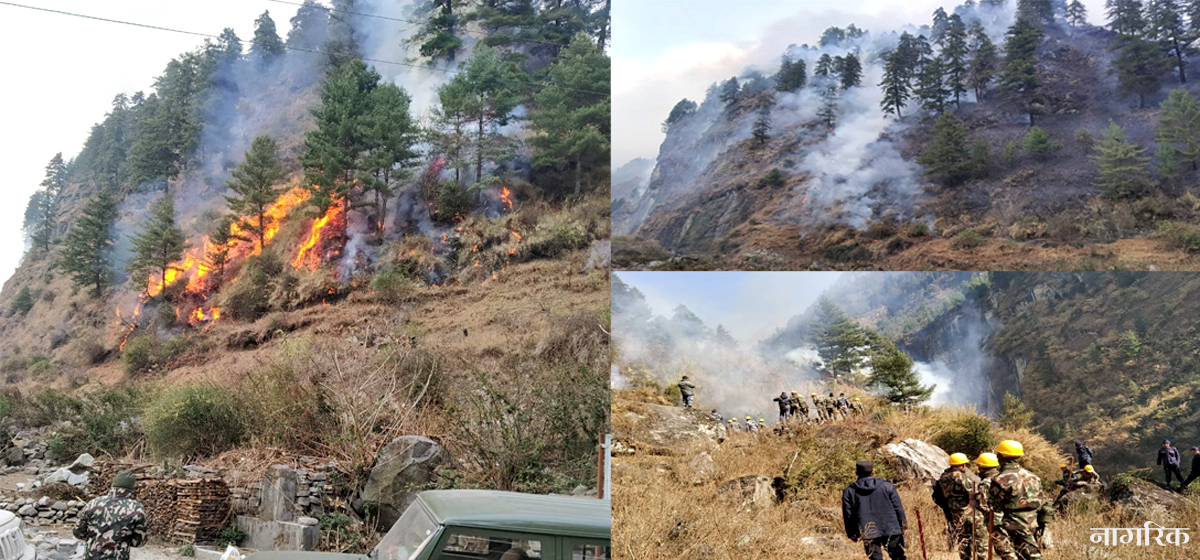
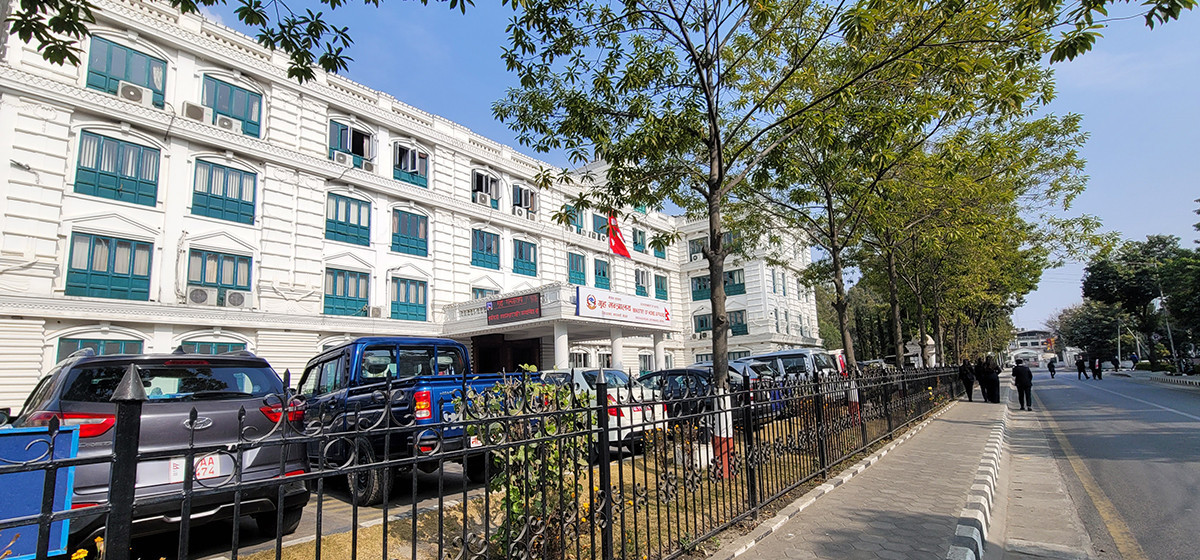
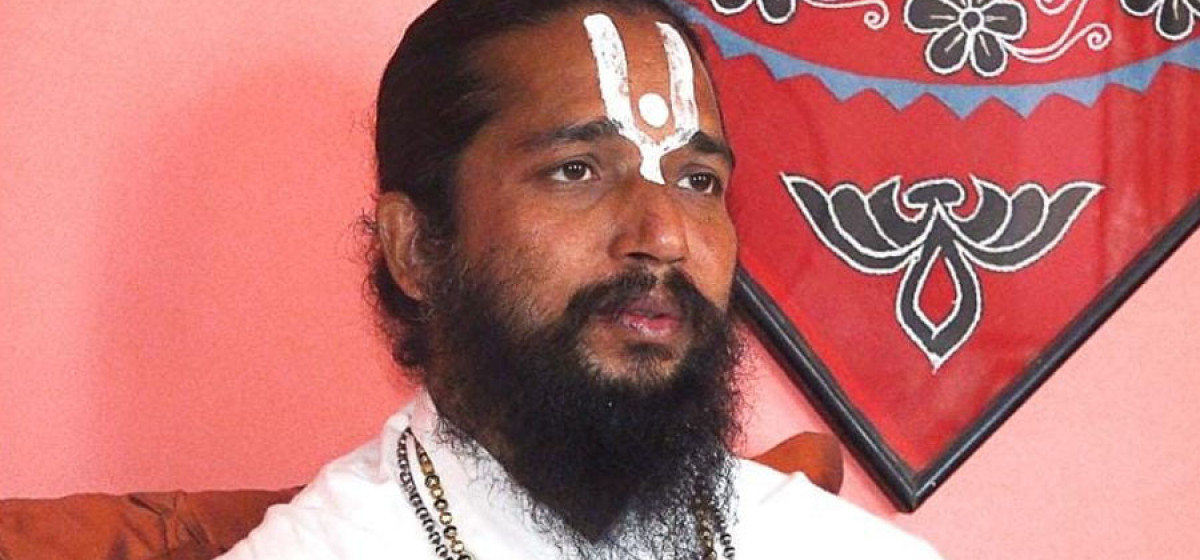
Leave A Comment